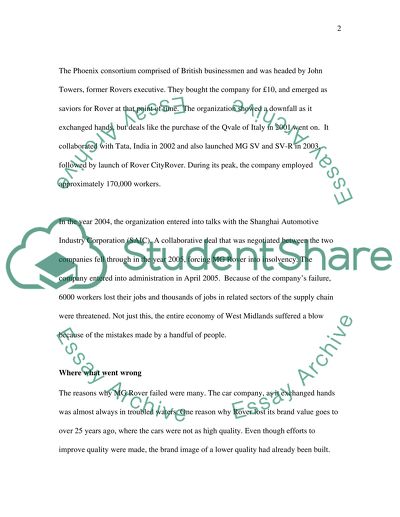Cite this document
(“Managers Are Increasingly Recognised As Powerful And Privileged Essay”, n.d.)
Managers Are Increasingly Recognised As Powerful And Privileged Essay. Retrieved from https://studentshare.org/miscellaneous/1521132-managers-are-increasingly-recognised-as-powerful-and-privileged-individuals-who-are-not-always-held-accountable-for-their-actions-should-this-power-be-regulated
Managers Are Increasingly Recognised As Powerful And Privileged Essay. Retrieved from https://studentshare.org/miscellaneous/1521132-managers-are-increasingly-recognised-as-powerful-and-privileged-individuals-who-are-not-always-held-accountable-for-their-actions-should-this-power-be-regulated
(Managers Are Increasingly Recognised As Powerful And Privileged Essay)
Managers Are Increasingly Recognised As Powerful And Privileged Essay. https://studentshare.org/miscellaneous/1521132-managers-are-increasingly-recognised-as-powerful-and-privileged-individuals-who-are-not-always-held-accountable-for-their-actions-should-this-power-be-regulated.
Managers Are Increasingly Recognised As Powerful And Privileged Essay. https://studentshare.org/miscellaneous/1521132-managers-are-increasingly-recognised-as-powerful-and-privileged-individuals-who-are-not-always-held-accountable-for-their-actions-should-this-power-be-regulated.
“Managers Are Increasingly Recognised As Powerful And Privileged Essay”, n.d. https://studentshare.org/miscellaneous/1521132-managers-are-increasingly-recognised-as-powerful-and-privileged-individuals-who-are-not-always-held-accountable-for-their-actions-should-this-power-be-regulated.


